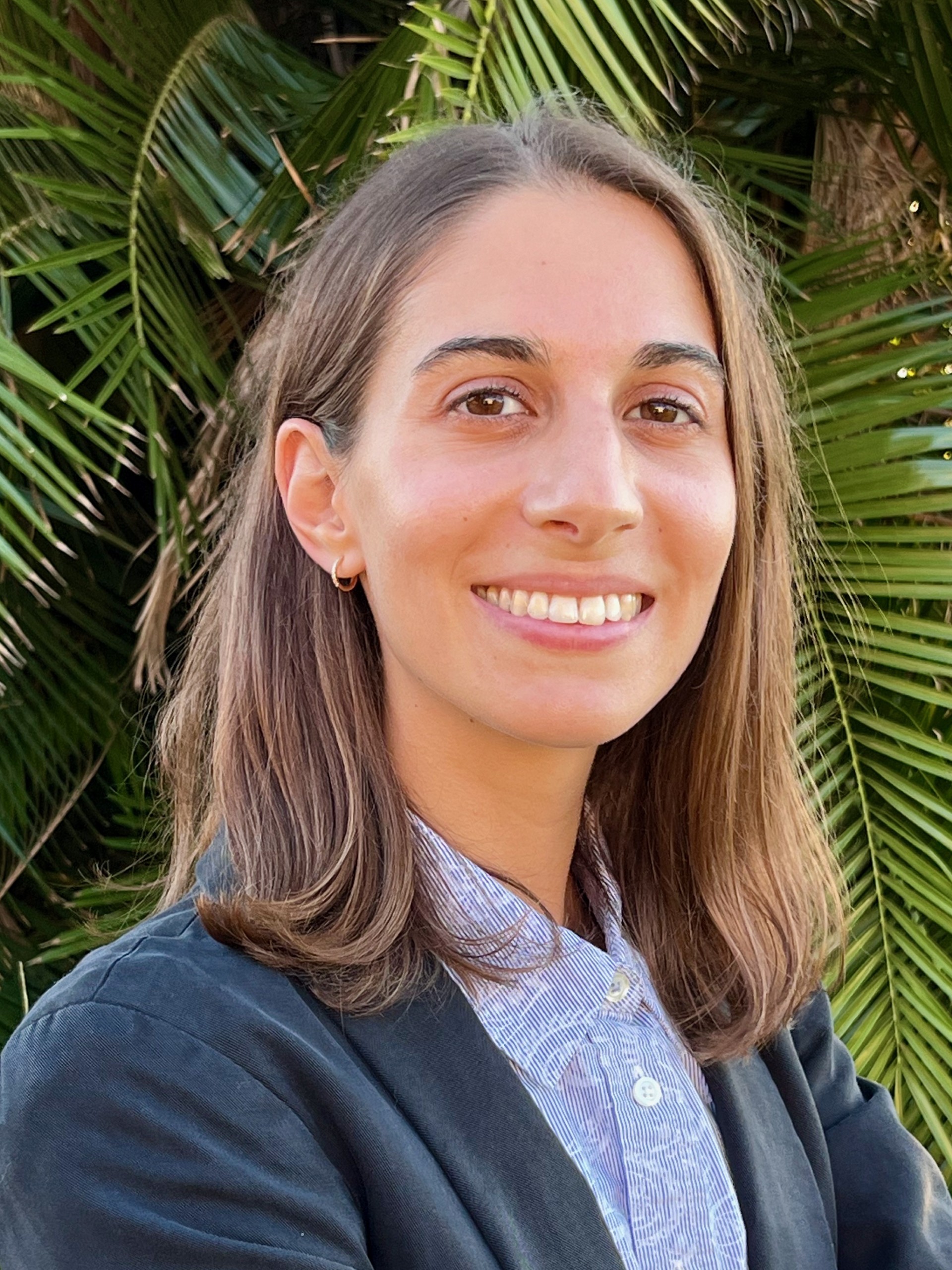Isabella Maita
2024 URH Faculty Mentor Award Recipient

Please tell us a bit about your educational background and current research.
I received a BS in Neuroscience from Lafayette College in 2017, and my PhD in Neuroscience from Rutgers University in 2023. My previous research experience has been in neurobiology, studying stress and reward-related neural circuits in mouse models of mood disorder. I am new to the world of Discipline Based Education Research (DBER) and have enjoyed the challenge of linking my translational research on stress (in mice) to factors affecting academic stress (in university students!).
Did you do research as an undergraduate student? How did you get started in your current field?
I attended a small liberal arts college, and had the privilege of joining a very small lab studying dyslexia across species. This experience got me excited about translational neuroscience, so I found summer research programs at the National Institutes of Health and Rutgers University. I was not sure of my career goals until my 3rd year of college, and these lab experiences strengthened my interest in attending graduate school.
Who are some of your most memorable mentors? How did you meet them?
At my undergraduate college, my mentor Dr. Lisa Gabel was on sabbatical while I completed my honors thesis. I remember video calling her at 7 AM, as she was across the world in Germany while I was located in Pennsylvania. This experience helped me learn that I appreciate a mentoring style that fosters independence and permits me to try (and fail) on my own, while also serving as an encouraging and sage resource. I found this mentoring style in my graduate mentor, Dr. Benjamin Samuels, and his mentorship allowed me to grow as a scientist while approaching experiments with as much creativity as behavioral neuroscience allows.
Why do you enjoy being a mentor?
I find mentoring curious, passionate students to be a highly rewarding experience. While guiding students as an “expert” can be enjoyable, I find that exploring a brand new topic with students that are just as curious as I am to be an exciting and illuminating process.
What is the most useful piece of advice a mentor gave you?
My graduate mentor told me to choose two projects: one project that is a sure thing, and one that is a risk. This approach to science creates a path lined with smaller wins, while encouraging creativity and novel thinking.